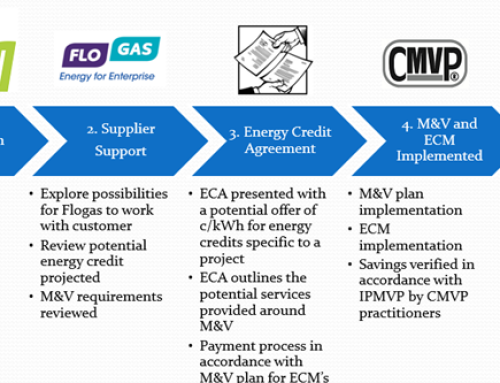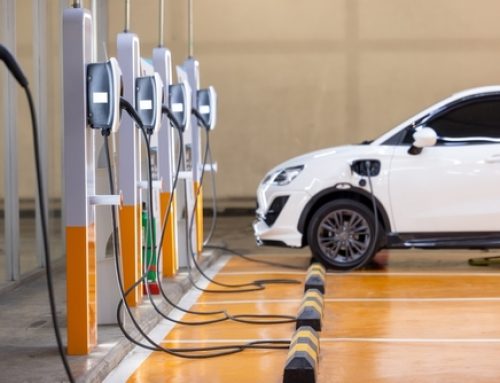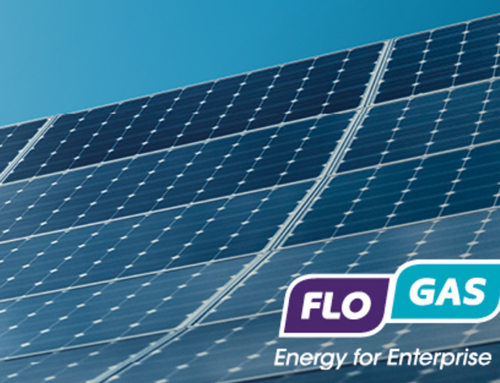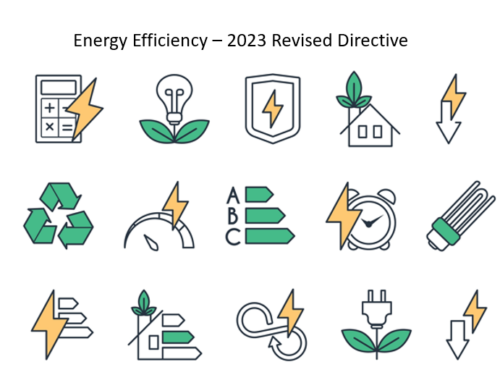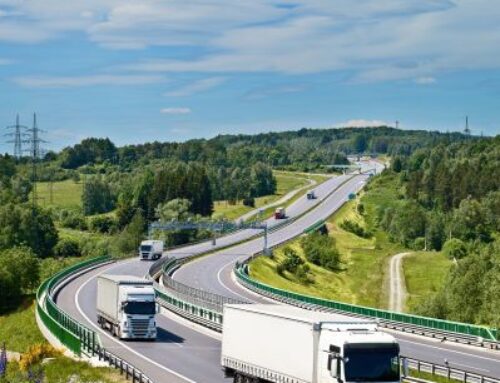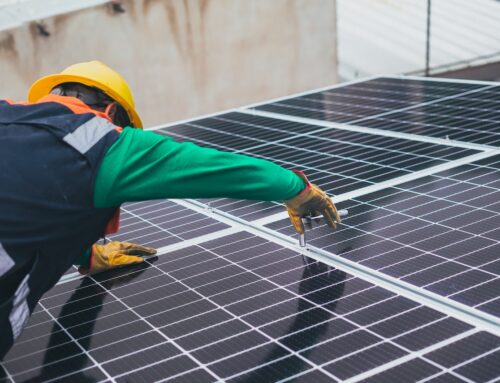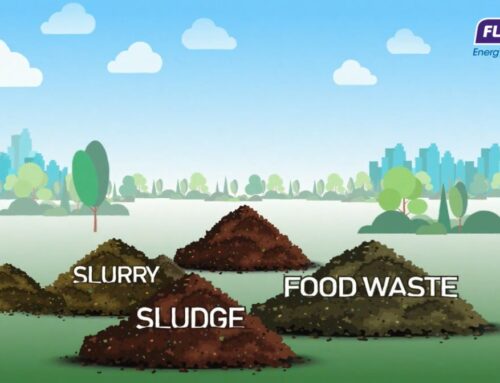2020 was a key milestone in Ireland’s transition to a decarbonised energy system as Ireland’s performance against several energy and emissions targets will be assessed. This will show our progress to date and what remains to be done as we work towards our more ambitious 2030 and 2050 targets. It is expected that Ireland will fall short by a few percentage points on its binding EU target to have 16% of gross final energy consumption coming from renewable sources. This is a mandatory target under the EU Renewable Energy Directive and commonly referred to as “the overall RES target”.
To achieve the overall 16% target, national sub-targets have also been set for each of the main modes of energy use: electricity (40%), heat (12%), and transport (10%). Renewable electricity makes the largest contribution to the overall 16% RES target and the most recent data from the Sustainable Energy Authority Ireland (SEAI) shows that we have reached the national target to provide 40% of electricity from renewable energy by 2020. However, converting transport and heating to renewables is a major challenge for Ireland, where electric vehicles currently make up a small percentage of the total number of vehicles sold and approximately 70% of homes are heated by fossil fuels.
In terms of renewable electricity generation, wind is the main technology in Ireland and for all of 2020, wind generated on average 36.3% of electricity demand compared with 32.4% in 2019 according to Eirgrid’s data published 2nd January 2021. Renewable electricity brings many benefits to Ireland, including the displacement of carbon and other greenhouse gas emissions from fossil fuel generation, decreasing reliance on imported fuels and a depressing effect on the wholesale price of electricity.
What’s next?
The formation of a new Government last year further bolstered Ireland’s commitment to renewables. Ireland set ambitious renewable targets outlined in the Climate Action Plan, mandating that 70% of electricity must come from renewable sources by 2030. To put this into context, over the next 10 years, Ireland needs to deploy more than double the existing renewable electricity capacity in the country, in half the time it has taken us to get to where we are today!
How will we get there?
This will be mainly achieved by the Government’s Renewable Electricity Support Scheme (RESS), which will see a series of competitive auctions held annually over the next few years. The RESS aims to promote the generation of electricity from renewable sources by providing financial support to renewable electricity projects in Ireland. The first RESS auction was held successfully in summer 2020. In total, 82 projects were successful (63 solar and 19 onshore wind) with almost 1,300 MW of generating capacity approved under the scheme. Under RESS, the successful generators are now required to enter into a Power Purchase Agreement (PPA) with a licenced supply entity.
It is evident that Ireland cannot rely solely on wind to meet its ambitious targets. A suite of renewable energy technologies, including solar PV, will play a key role in Ireland’s renewable energy transition. RESS will also pave the way for large offshore wind projects as Ireland seeks to take advantage of its naturally abundant wind resources off its coast. Importantly, RESS also enables local communities to play an important role in the delivery of our renewable energy future by benefitting from local renewable developments and supporting them in the development of their own “Community-Led” projects.
The Benefits
As we see more renewables lowering the wholesale price of power every year, frameworks, like RESS, support projects by offering them a guaranteed price for their electricity. This is funded by the Public Service Obligation (PSO) levy which is charged to all electricity consumers in Ireland and changes each year. However, the good news of more renewables via competitive auctions such as RESS (as per Pöyry’s ‘Greener and Cheaper report), is that it should reduce wholesale power prices, outweighing the cost of supporting renewables, thus benefiting Irish homes and businesses.
If you would like to learn more about Renewables and how Flogas can you support you with renewable solutions or PPAs please contact Flogas by email at renewables@flogasenterprise.ie or by telephone at 01 8849400.




